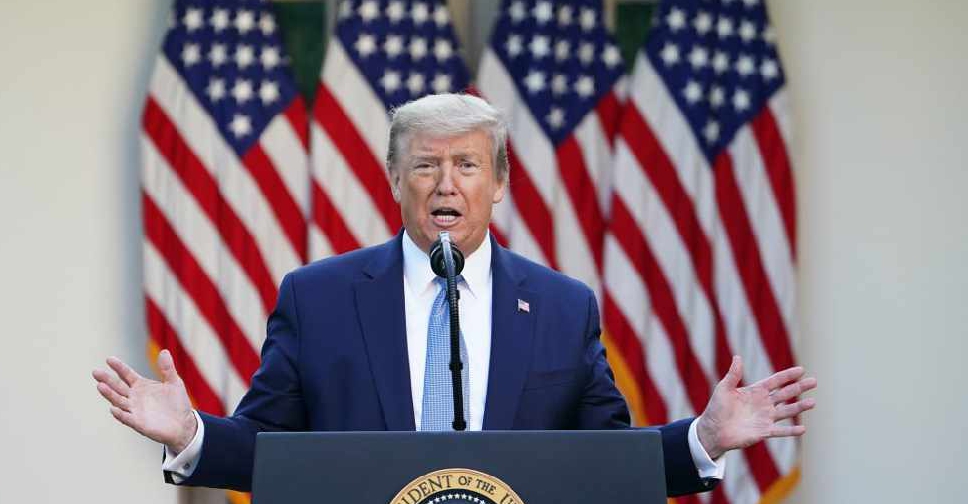
The Organisation of Petroleum Exporting Countries (OPEC) appears to have persuaded investors that it’s making good on promised production cuts. Money managers are the most optimistic on West Texas Intermediate oil prices in at least a decade as the OPEC and other producers reduce crude output. Saudi Arabia has said more than 80 per cent of the targeted reduction of 1.8 million barrels has been implemented. Oil shipments from OPEC are plunging this month, according to tanker-tracker Petro-Logistics SA. "All the signs are pointing to a pretty significant OPEC cut," Mike Wittner, head of commodities research at Societe Generale SA in New York, said by telephone. "Until this week we were only getting data from the producers, now the tanker traffic seems to be supporting this view." OPEC will reduce supply by 900,000 barrels a day in January, the first month of the accord’s implementation, said the Geneva-based Petro-Logistics. That’s about 75 per cent of the cut that the producer group agreed to make. Eleven non-members led by Russia are to curb their output in support. Hedge funds boosted their net-long position, or the difference between bets on a price increase and wagers on a decline, by 6.1 per cent in the week ended January 24, US Commodity Futures Trading Commission data show. WTI rose 1.3 per cent to $53.18 a barrel in the report week before settling at $53.17 January 27 on the New York Mercantile Exchange. OPEC members Saudi Arabia, Kuwait and Algeria have said they’ve cut output this month by even more than was required, while Russia said it’s curbing production faster than was agreed. (Mark Shenk/Bloomberg)



 Disney settles suit over women's pay for $43 million
Disney settles suit over women's pay for $43 million
 Etihad Airways adds ten new destinations for 2025
Etihad Airways adds ten new destinations for 2025
 Trump pledges new tariffs on Canada, Mexico, China
Trump pledges new tariffs on Canada, Mexico, China
 UAE and Bahrain finalise ICV programmes procedures
UAE and Bahrain finalise ICV programmes procedures

